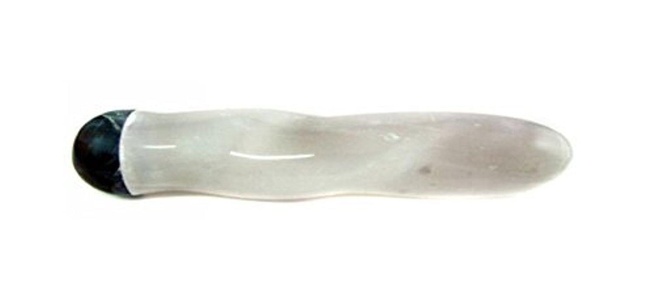

30 Days Lowest Price Guarantee
Natural Rakta Gunja Mala for Pooja Healing Japa 108 beads
DESCRIPTION
Rakta Gunja Mala - Gunja - Abrus precatorius, jequirity (or wild-liquorice). A vine with clusters of pink flowers and seed pods containing scarlet berries.The berries are said to represent service to Srîmatî Rådhårånî, so Krishna often wears a garland of guñjå berries. Garlands of guñjå are considered especially sacred by Lord Caitanya and His followers. The Danger Associated with Gunja-malas (A must read in conjunction with keeping the sacredness of Gunja malas) Ratti Measure Unit - Gunchi, Gunja Seed or Ratti Seed A high-climbing, twining, or trailing woody vine with alternately compound leaves, indigenous to India. Leaves alternate, 5-13 cm long, even-pinnately compound with 5-15 pairs of leaflets, these oval to oblong, to 1.8 cm long, with margins entire. The flowers, shaped like pea flowers, are small, pale, violet to pink and arranged in clusters. Fruit a short, oblong pod, splitting before falling to reveal 3-8 shiny hard seeds, 6-7 mm long, scarlet with black bases. The seeds of abrus precatorius are much valued in native jewelry for their bright coloration. The third of the bean with the hilum (attachment scar) is black, while the rest is bright red, suggesting a ladybug. Jewelry-making with jequirity seeds is dangerous, and there have been cases of death by a finger-prick while boring the seeds for beadwork. The seeds were traditionally used to weigh jewelry in India. The measure ratti is equal to the weight of one seed. Gunja Seed: Common name: Coral bead vine, Rosary pea, Gunchi (Hindi), Gunjaa (Sanskrit), Gulugunji (Kannada), Gunch (Bengali), Ratti (Gujarati), kundu maNi (Tamil), Gunja (Marathi) Sriman Mahaprabhu instructed: "The method of worshipping the Govardhana stone is very simple.
- Natural Rakta Gunja Mala for Pooja Healing Japa 108 beads,Healing Japa, Rosary, Mala





























